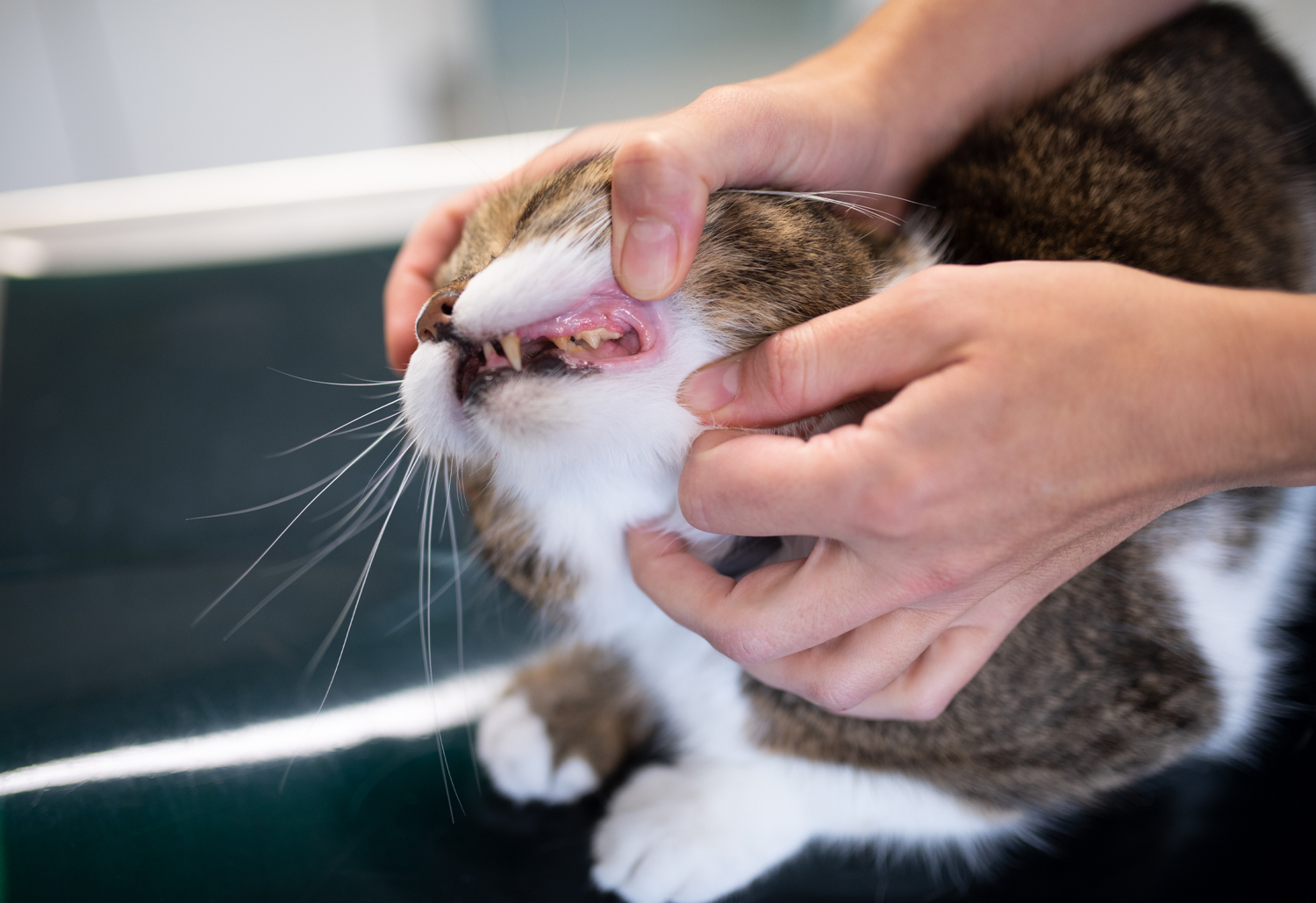|

Only 1/3 of owned cats get Preventative Health Care. That’s sad because:
80% of owners assume their cats are not only self-sufficient, but in excellent health.
And, 33% of owners only take their pet to the veterinarian if it’s sick.
This is too bad because regular veterinarian care can help prevent many health problems from happening in the first place. And, other health conditions can be caught early, when they may be easier and less expensive to treat, as well as preventing suffering for your cat.
So why should cats see a veterinarian at least once a year?
Prevent painful dental disease
Regular dental care help can keep your cat’s mouth healthy and pain free and prevent inflammation in other parts of their bodies.
Avoid weight problems
Your veterinarian can counsel you on the right diet and feeding amounts to help protect your cat from obesity and associated health problems, including diabetes and liver disease.
Help promote longevity
As cats age, kidney disease, hyperthyroidism and other diseases are more common. Regular exams can help your veterinarian identify these conditions early so that progression can be slowed or managed.
Avoid serious diseases
Even indoor-only cats can be at risk for dangerous disease. Regular vaccinations can help keep them protected.
Eliminate behaviour problems
Too many cats are surrendered to shelters because of behaviour problems such as not using the litter box, which may be easy to fix.
Prevent parasites
Internal and external parasites can make cats miserable, and may pose risks for family members. With regular treatment, you can help prevent fleas, ticks, mites, heartworms and intestinal parasites from harming your cat.
GET THE MOST OUT OF EACH VETERINARY VISIT
Because you play an active role in your cat’s healthcare, it’s important to tell your veterinarian about anything that may affect healthcare decisions. Make a list of your concerns and consider the following questions as well.
• Have you noticed any changes in your cat since your last visit?
• Does your cat go outside or have contact with any other animals?
• Does your cat go to boarding facilities or to the groomer?
• Are there any other pets in the home?
• Are there people with compromised immune systems in the home?
• Have you noticed any changes in your cat’s behaviour or temperament?
• Has your cat urinated or defecated somewhere in the house other than in the litter box?
• Have you noticed any changes in your cat’s appetite or weight?
• Have you noticed any changes in your cat’s water consumption?
• Does your cat have trouble chewing or have bad breath?
• Have you noticed any changes in your cat’s activity level?
• Is your cat more vocal?
BEFORE YOU GO
Here are some steps you can take to help make the trip to the veterinarian less stressful for you and your cat:
• Always transport your cat in a cat carrier
• Each cat should have it’s own carrier
• The best carriers open from the top or front, and can be taken apart so that the cat can remain in the bottom for most of the exam if they wish
• Help the cat become accustomed to the carrier by leaving it open in the house and placing toys, treats or food inside
• Place a soft, clean towel or familiar bedding in the bottom of the carrier
• Spray the carrier with facial pheromone (e.g., FeliwayTM) 10-15 minutes before traveling
• Secure the carrier in the foot well of the back seat of the car to avoid movement during transportation and airbag injuries
• When carrying the carrier, keep it stable and horizontal
• Place a towel over the top of the carrier to help calm your cat and prevent other pets in the waiting room from making direct eye contact
The information for this article came from the following web page:
Your Cat and the Vet
|